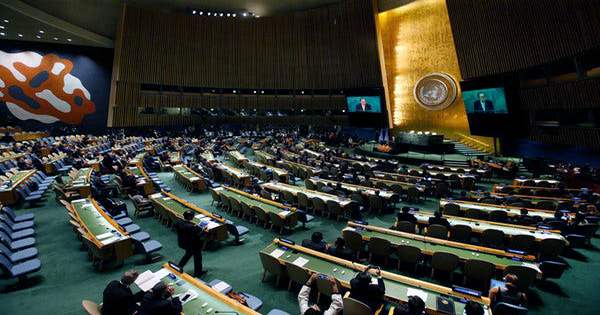Religious nationalism is a political ideology that blends aspects of nationalism with religion. It can be defined in several ways, including as a religion in and of itself, as articulated by Carlton Hayes in his book Nationalism: A Religion, or as the link of nationalism to a specific religious belief, doctrine, philosophy, or association. It frequently incorporates the conviction that a certain religious organization should have a significant role in a nation’s political and cultural life.
This relationship can be divided into two parts: the politicization of religion and the effect of religion on politics. In this perspective, the nation is frequently characterized by its allegiance to a single religion or set of religious principles. In the former case, a shared religion can be perceived as contributing to a sense of national unity, a common link among the residents of the nation. Another political component of religion is the promotion of a national identity, which is analogous to a shared ethnicity, language, or culture. The influence of religion on politics is more ideological, as modern interpretations of religious concepts drive political involvement and action; for example, laws are established to encourage stronger religious observance.
Key features of religious nationalism may include:
- Identification of the Nation with a Specific Religion: It proponents often contend that the nation’s identity is inextricably linked to a specific religion or religious heritage. This can cause laws, regulations, and cultural practices to be influenced to align with the dominant religion.
- Promotion of Religious Values in Governance: Religious nationalists frequently strive to incorporate religious ideals into the nation’s political and legal system. This can include adopting laws based on religious principles or promoting policies that coincide with the prevailing religion’s beliefs.
- Exclusion or Marginalization of Other Religious Groups: Religious nationalism may, in some situations, result in the marginalization or discrimination of religious minorities. The emphasis on a certain religion as a distinguishing element of the nation can provide difficulties for members of other religions.
- Unity and Social Cohesion: It proponents say that by emphasizing a shared religious identity, it generates a sense of togetherness and social cohesiveness among the populace. This can be utilized to gain public support for political or social causes.
- Conflict and Tensions: While it can foster togetherness, it can also breed conflict, particularly in ethnically and religiously diverse societies. Tensions may occur between different religious or ethnic groups as a result of one religious identity being prioritized over another.
India, where Hindu nationalism has influenced politics and policies, and Israel, where there is a strong relationship between Judaism and the state, are two examples of countries where religious nationalism has played a significant role.
















